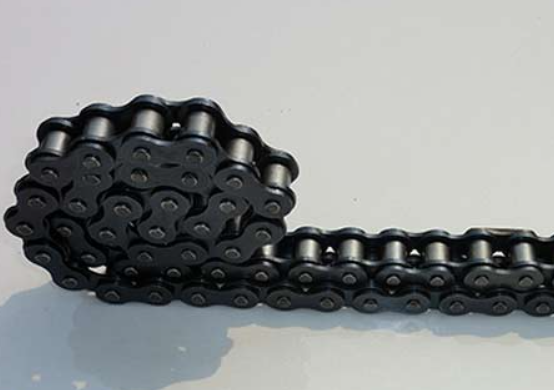How to Choose the Right Specifications, Models, and Materials for Conveyor Chains
Conveyor chains are essential components in mechanical transmission systems used in logistics, production lines, and other material handling applications. Selecting the appropriate specifications, models, and materials for conveyor chains is crucial for ensuring efficiency and longevity. Below are the key factors to consider when choosing the right conveyor chain.
Load Capacity
The first step is to determine the load the conveyor chain will need to handle. For lighter loads, a standard or lightweight chain may suffice. However, for heavy-duty applications, a heavy-duty or specially reinforced chain is required. Properly assessing the load ensures the chain is capable of performing its function without premature wear or failure.
Speed and Cycle Time
If the system operates at high speeds or has frequent cycle times, the chain should have higher strength and better sealing properties. Chains designed for fast or high-cycle operations typically require advanced materials, such as stainless steel or engineering plastics, to withstand stress and prevent wear.
Environmental Conditions
The environment where the conveyor chain operates plays a significant role in material selection. Factors like temperature, humidity, and exposure to chemical corrosion should be considered. For use in damp or highly corrosive environments, a chain with corrosion resistance, such as a stainless steel chain, should be chosen to ensure durability and reliability.
Length and Connection Method
The length of the conveyor system will dictate the required length of the conveyor chain. Additionally, the connection method must be compatible with the chain and system design. This could include pins, sprockets, gears, or other coupling mechanisms. It is essential to select a chain that fits seamlessly with the existing system components.
Cost
Cost is always an important factor. Different materials and specifications of conveyor chains can vary significantly in price. While it is essential to balance cost with performance, it’s important to choose a chain that matches the operational requirements in terms of load, speed, and environmental conditions. Skimping on quality could result in higher maintenance costs and system downtime.
In conclusion, selecting the right conveyor chain requires a thorough assessment of factors such as load capacity, speed, environmental conditions, chain length, and budget. A careful evaluation of these factors will help ensure that the chosen chain meets the demands of the application and performs efficiently over time.


What a fascinating read! I’ll definitely be returning to this site for more content like this.